Question And Answer
Publications
Articles, publications, books, tools and multimedia features from the U.S. Institute of Peace provide the latest news, analysis, research findings, practitioner guides and reports, all related to the conflict zones and issues that are at the center of the Institute’s work to prevent and reduce violent conflict.
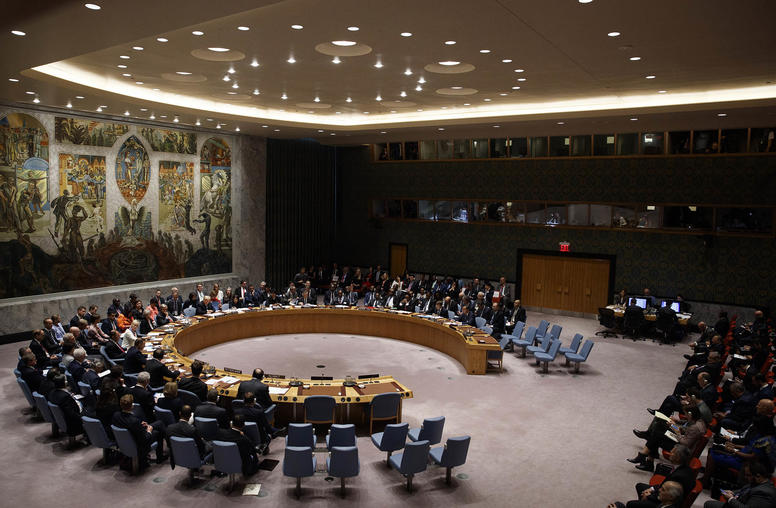
The U.N. Security Council Was Designed for Deadlock — Can it Change?
When Russia invaded Ukraine in February 2022, its permanent seat at the U.N. Security Council (UNSC) quickly snarled the prospects of multilateral action. Eighty-one of the U.N.’s 193 member-states cosponsored a resolution denouncing the invasion — a clear violation of the core principles of the U.N. Charter and international law — and Russia, exercising its privileges as a permanent member, immediately and unilaterally vetoed it. The year since Russia’s invasion has only strengthened an already-widespread consensus on how broken the UNSC is, with subsequent calls for change gathering real momentum. Still, real structural reform remains a distant prospect: no matter how much they publicly acknowledge its unjust rules, permanent members are unlikely to undermine their own advantages in the council. But there are other, more informal engines of change at the UNSC.
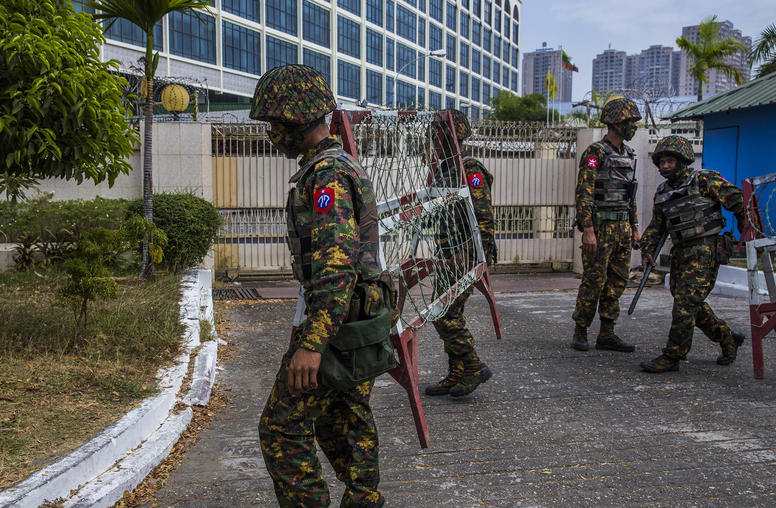
Atrocities in Myanmar: Documenting the Junta’s Attacks on Civilians
Even before the February 2021 coup, Myanmar’s military often deployed systematic violence against civilians, developing a reputation for ruthlessness that dates back decades. Their abuse of ethnic minorities such as the Rohingya have been the subject of countless international human rights investigations, while their nearly unchecked power allowed them to operate with impunity.
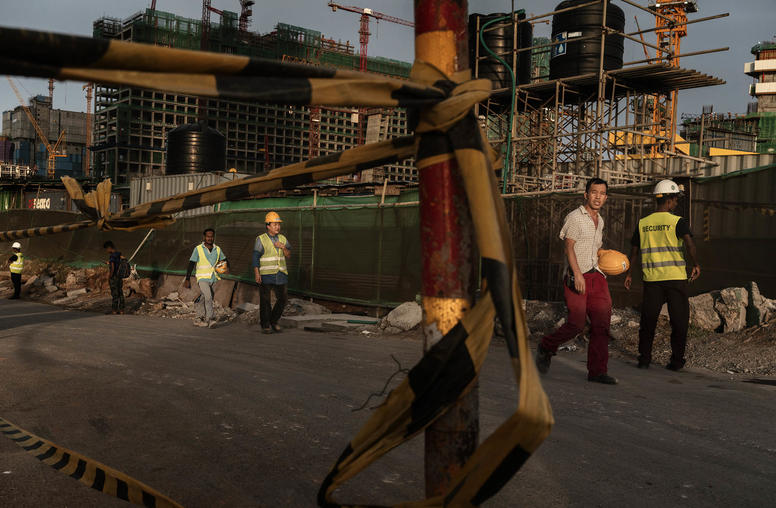
Does China’s Coercive Economic Statecraft Actually Work?
Much ado has been made in recent years over China’s use of economic diplomacy in its foreign policy, perhaps best characterized by its massive trillion-dollar connectivity project, the Belt and Road Initiative (BRI). As developing countries have turned to China for economic assistance and development, observers have warned that Chinese loan assistance to poor countries can come with strings attached, particularly enhanced political leverage for Beijing. But the extent to which Beijing is able to truly exert influence through economic statecraft remains an open and important question for researchers and policymakers alike, says China analyst Matt Ferchen.

Ambassador William Taylor on the Anniversary of Russia’s War on Ukraine
A year into Russia’s invasion of Ukraine, it’s clear that Russian President Vladimir Putin has made a strategic blunder. But any deal to end the conflict must uphold Ukraine’s sovereignty and independence, says USIP’s Ambassador William Taylor: “The Russian military needs to leave. That’s got to be the key part of any peace proposal.”
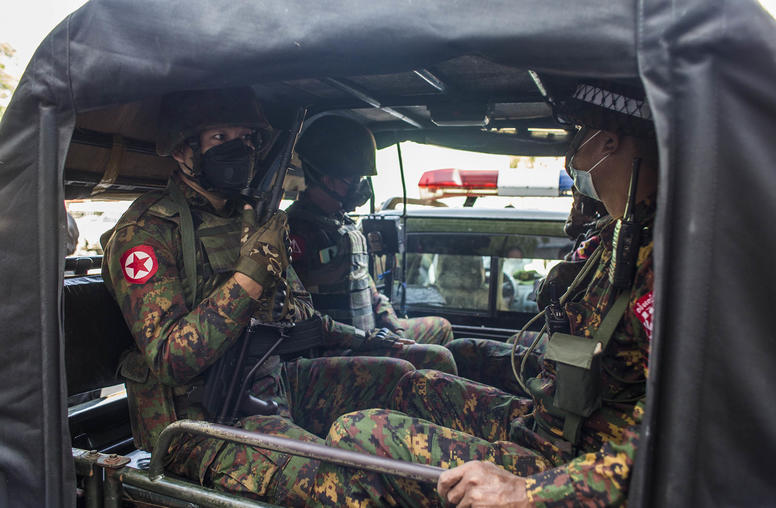
The Limits of Beijing’s Support for Myanmar’s Military
Since late 2022, Beijing has increasingly signaled the limits of its support for Myanmar’s junta against pro-democracy forces and protection against international efforts to hold the army accountable for its crimes. In particular, Beijing has demonstrated a reluctance when doing the junta’s bidding internationally results in significant political costs vis-à-vis its relations with Southeast Asian states or its reputation at the United Nations.
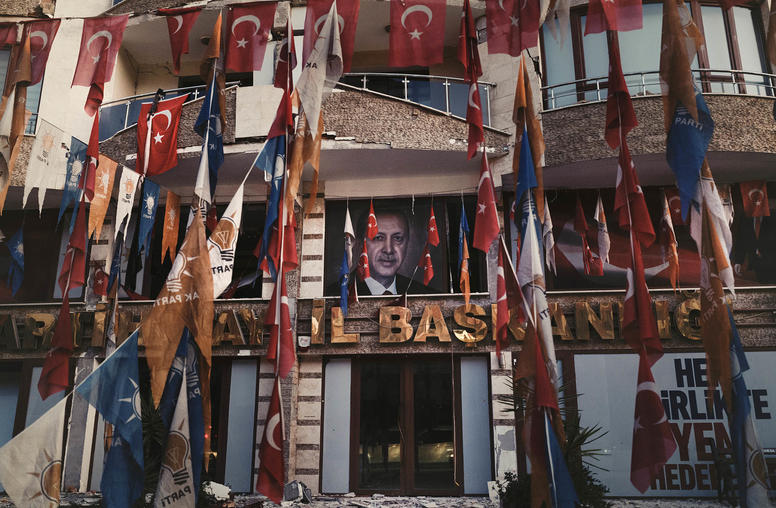
NATO: Keep Urging Turkey to Admit Sweden, Finland as Allies
Nearly nine months after Sweden and Finland applied to join the NATO alliance, Turkey continues to block their accessions. Turkey’s obstruction persists even though the applicants have now met many of its demands, and in spite of sustained high-level engagement from the United States and NATO’s secretary general. Turkish presidential elections, scheduled for May, make a breakthrough unlikely anytime soon. But Sweden’s response to the recent Turkish earthquakes could provide an unexpected opportunity for renewed progress. It is in the U.S. interest, and that of Europe’s future peace and stability, to keep up the effort. The window between now and NATO’s July summit in Vilnius will be crucial for patient diplomacy, backed by pressure, to break the deadlock.

Andrew Wells-Dang on U.S.-Vietnam Ties 50 Years After the Paris Peace Accords
Fifty years ago, the accords led to the withdrawal of U.S. military forces from Vietnam, marking an important step toward a post-war settlement between the United States and Vietnam. Now, “There is a lot of cooperation on economic issues, education, security and on resolving the legacies of the war … we have a comprehensive partnership that is 10 years old,” says USIP’S Andrew Wells-Dang.
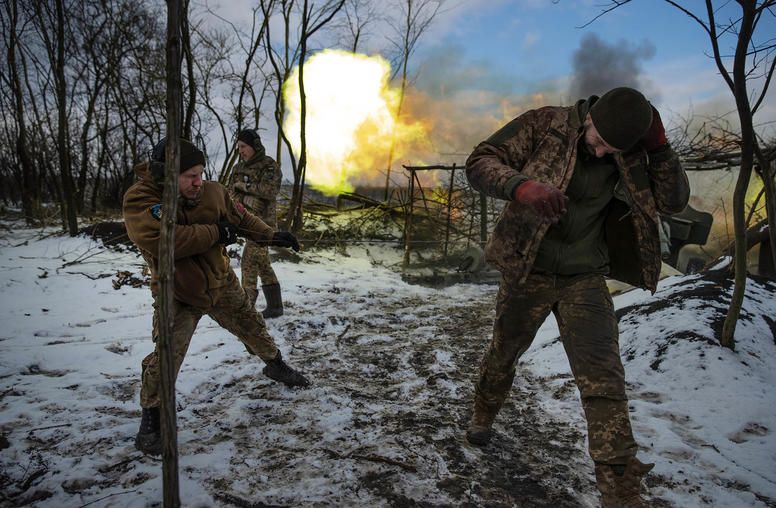
Ukraine’s Year of War: What Does It Mean?
One agonizing year after Russian President Vladimir Putin launched his all-out war on Ukraine, the pictures and stories of brutal inhumanity have at times been numbing: a 21st-century resurgence in Europe of violence that recalls the Nazi Holocaust or the worst excesses of the Balkan wars. For average citizens as well as policymakers, the deluge of news and the layers of concerns — for Ukraine, for European stability, and for a world free of such warfare — can make it hard to pull out key focal points. With no end to this conflict now in sight, Ambassador William Taylor discusses how we might assess this past year and focus on next steps.
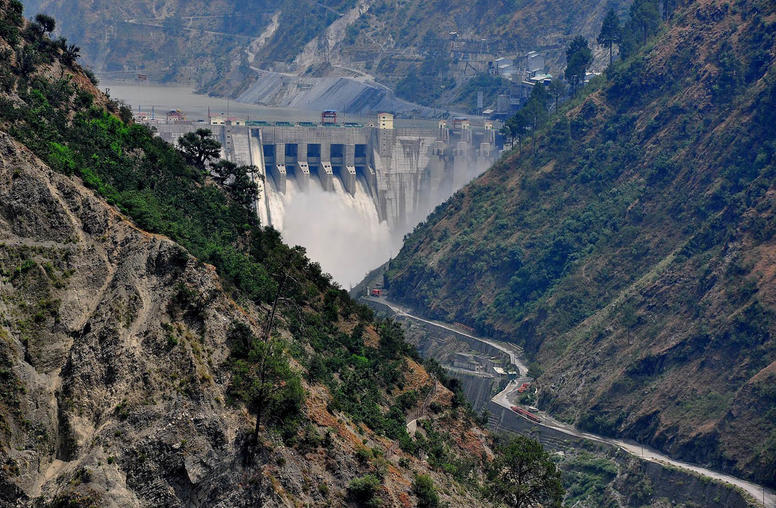
India and Pakistan Are Playing a Dangerous Game in the Indus Basin
On January 25, India sent a notice to Pakistan demanding the modification of the Indus Waters Treaty. Pakistan has so far refused to engage. The treaty, which India, Pakistan and the World Bank originally signed in 1960, allocates rights over the waters of several rivers in the Indus Basin to India and Pakistan.
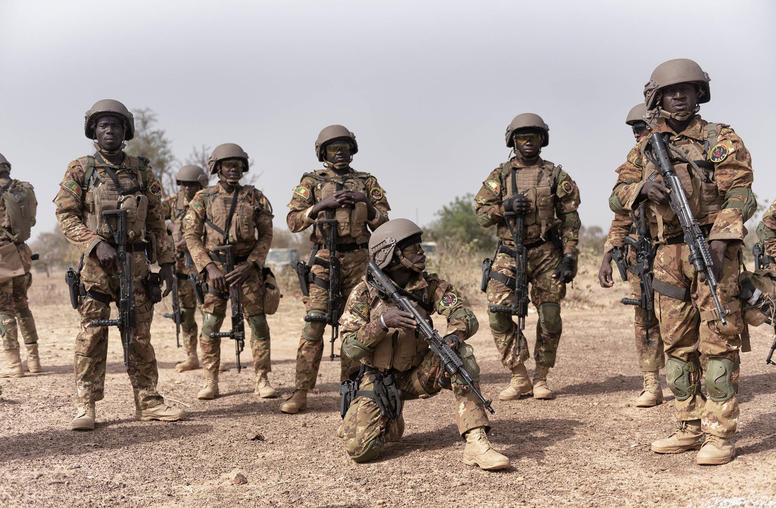
Africa’s Sahel Needs a Coordinated Plan on Extremist Violence
The African Union held its summit last weekend in the dark shadow of escalating bloodshed amid the violent extremist upheavals of the Sahel region. The surge in violence underscores a need to redouble regional and international efforts to address multiple, simultaneous crises in a holistic and unified manner that goes beyond the security-focused response that has characterized efforts to curb the violence to date.